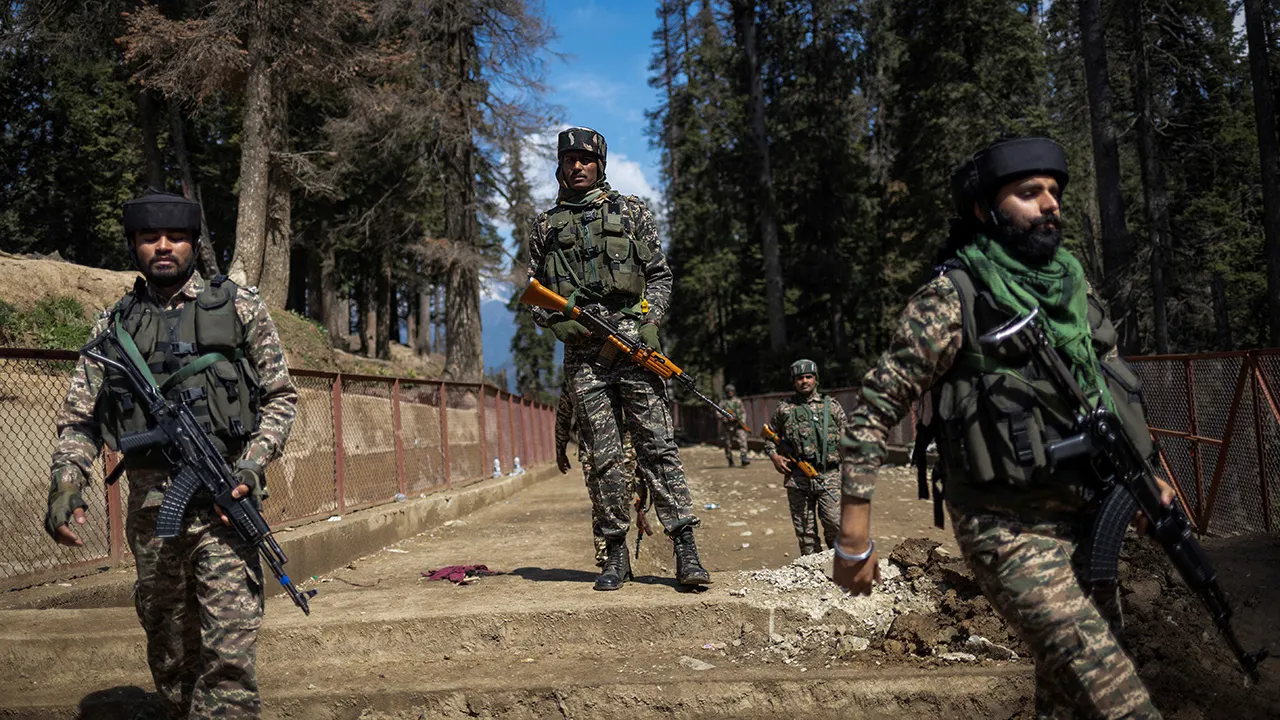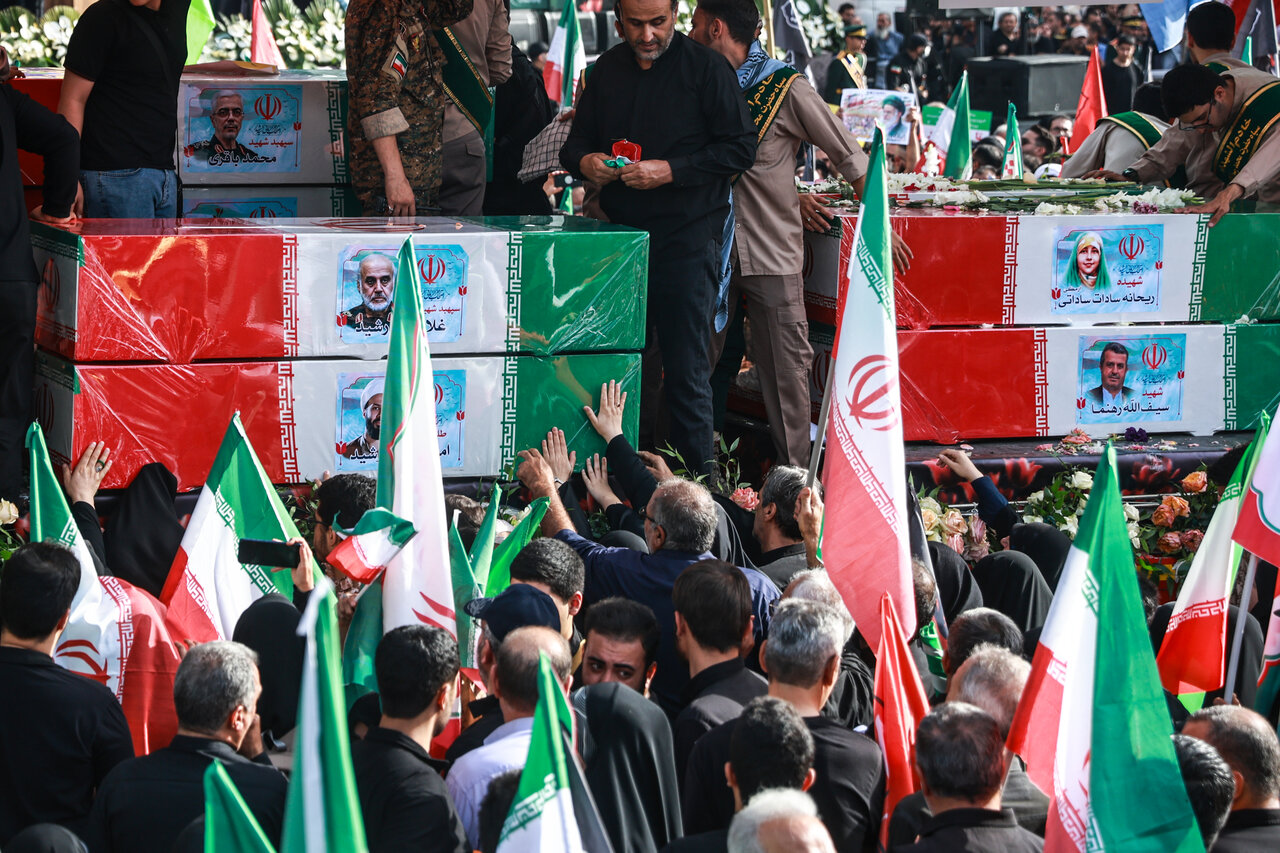Pakistan Cites Intelligence on Imminent Indian Strike Amid Kashmir Tensions
Pakistan’s Minister for Information and Broadcasting, Attaullah Tarar, has claimed that Islamabad possesses “credible intelligence” indicating India may launch a military strike within the next 24 to 36 hours. The warning comes as tensions between the two nuclear-armed neighbors escalate following a deadly attack in Indian-administered Kashmir.
In a social media post early Wednesday, Tarar accused India of using the recent attack in Pahalgam, which killed 26 tourists, as a “false pretext” to justify potential aggression against Pakistan. However, he did not provide concrete evidence to support the allegation, and the Indian government has yet to issue a public response.
“Any act of aggression will be met with a decisive response. India will be fully responsible for any serious consequences in the region,” Tarar wrote on X.
Pakistan’s Minister of Defence, Khawaja Muhammad Asif, echoed these concerns in a statement to Reuters on Monday, describing a possible Indian military incursion as “imminent.” He emphasized that Islamabad remains on high alert and would only consider the use of nuclear weapons in the event of a direct threat to national survival.
READ MORE: Fasset Secures Sandbox License to Launch Pakistan’s First Tokenized Gold Solution
Tensions have intensified since India accused Pakistani-linked elements of orchestrating the April 22 attack in the mountain resort town of Pahalgam, the deadliest such incident targeting tourists in the region in over 20 years. Indian Prime Minister Narendra Modi has vowed to pursue those responsible.
A statement attributed to The Resistance Front (TRF), believed to be affiliated with the Pakistani-based militant group Lashkar-e-Taiba, claimed responsibility for the attack. However, Pakistan has firmly denied any involvement and has called for an independent investigation.
In the wake of the attack, both nations have engaged in a series of retaliatory diplomatic measures, including visa cancellations and Pakistan’s closure of its airspace to Indian airlines. India, in turn, suspended its participation in the Indus Waters Treaty, a key agreement that governs water sharing between the two countries.
That suspension has sparked protests in Pakistan, where the government has indicated plans to pursue legal action against India’s decision.
Skirmishes have also erupted along the Line of Control (LoC), the de facto 740-kilometer border separating Indian- and Pakistani-controlled regions of Kashmir, further escalating concerns of a broader conflict.
International actors have urged restraint. A U.S. State Department spokesperson cited Secretary of State Marco Rubio’s engagement with both sides and encouraged other world leaders to intervene diplomatically. The United Nations Secretary-General, Antonio Guterres, also spoke with Pakistani Prime Minister Shehbaz Sharif and Indian External Affairs Minister Subrahmanyam Jaishankar, urging both to avoid actions that could lead to “tragic consequences.”




